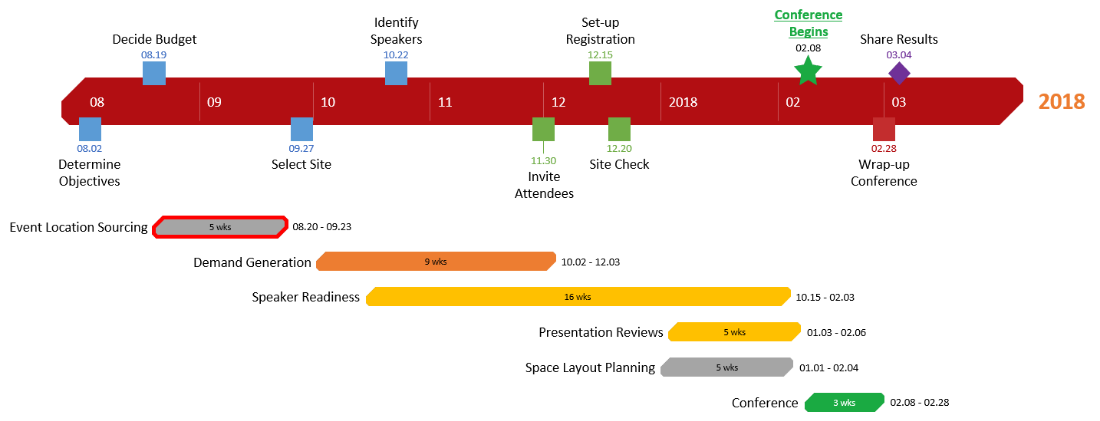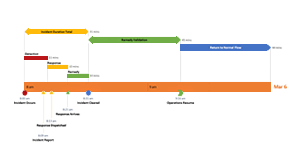

Breaches at several others exposed hundreds of millions of records. In two breaches at one large corporation, more than 3.5 billion records were made public. The scale of consumer data exposed in the most catastrophic breaches is staggering. Respondents were aware of such breaches, which informed their survey answers about trust. That lack of trust is understandable given the recent history of high-profile consumer-data breaches.

By industry, consumers are most comfortable sharing data with providers in healthcare and financial services, though no industry reached a trust rating of 50 percent for data protection. They are far more likely to share personal data that are a necessary part of their interactions with organizations.

The responses reveal that consumers are becoming increasingly intentional about what types of data they share-and with whom. To determine their views on data collection, hacks and breaches, regulations, communications, and particular industries, we asked them pointed questions about their trust in the businesses they patronize. To find out what consumers think about the privacy and collection of data, McKinsey conducted a survey of 1,000 North American consumers. These insights help to develop new products and services, as well as to personalize advertising and marketing (the total global value of digital advertising is now estimated at $300 billion).Ĭonsumer data are clearly transforming business, and companies are responsible for managing the data they collect.

These data, including location-tracking and other kinds of personally identifiable information, are immensely valuable to companies: many organizations, for example, use data to better understand the consumer’s pain points and unmet needs. As consumers increasingly adopt digital technology, the data they generate create both an opportunity for enterprises to improve their consumer engagement and a responsibility to keep consumer data safe.


 0 kommentar(er)
0 kommentar(er)
